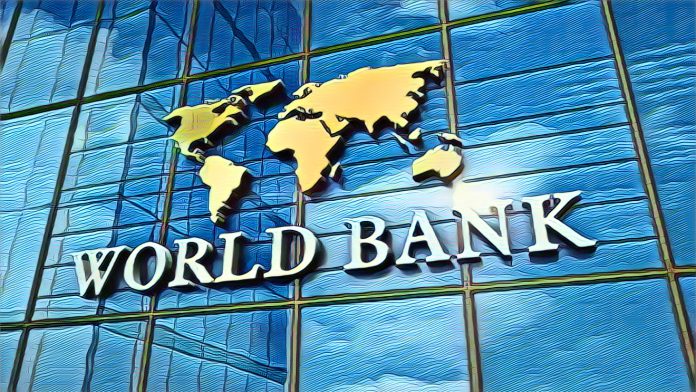Nigeria has received $299.99 million from the World Bank as part of a loan agreement to support its National Social Safety Net Program-Scale Up (NASSP-SU). The program aims to provide cash transfers to 15 million poor and vulnerable households across the country, as a way of cushioning the impact of the removal of fuel subsidies and other economic challenges.
The loan, which has a total amount of $800 million, was approved by the World Bank in June 2023. The remaining balance of $442.88 million is expected to be disbursed in the coming months, according to a document obtained by BusinessDay.
The NASSP-SU is a conditional cash transfer program that was officially launched by President Bola Tinubu in October 2023. The program promises to pay N75,000 to each eligible household within a span of three months. The beneficiaries are selected from a social register that is updated regularly by the National Cash Transfer Office (NCTO) under the Federal Ministry of Humanitarian Affairs and Poverty Alleviation.
The NCTO is also seeking the services of a consulting firm to upgrade its Management Information System (MIS) for the NASSP-SU. The firm will be responsible for developing, implementing, deploying, and maintaining a web-based MIS system that will support the activities of the NASSP-SU and ensure effective and efficient delivery of program benefits to the poor and vulnerable.
The NASSP-SU is part of the World Bank’s efforts to help Nigeria address its poverty and inequality challenges, which have been exacerbated by the COVID-19 pandemic and the economic recession. According to the World Bank, Nigeria’s poverty rate increased from 40.1 per cent in 2019 to 46.4 per cent in 2020, meaning that about 100 million Nigerians are living below the poverty line of $1.90 per day.
The World Bank has also supported Nigeria with other interventions, such as the Nigeria COVID-19 Action Recovery and Economic Stimulus (N-CARES) program, which provides $750 million to support state-level efforts to protect livelihoods, enhance food security, and stimulate economic activity.
The loan agreement for the NASSP-SU stipulates that Nigeria will repay the loan in instalments, starting from January 15, 2027, and ending on July 15, 2051. The loan has a commitment charge of 0.5 per cent annually on the unwithdrawn financing balance, a service charge of 0.75 per cent annually on the withdrawn credit balance, and an interest charge of 1.25 per cent annually on the withdrawn credit balance.
The loan also has a payment structure that involves a percentage of the principal amount plus other charges. The payment scheme indicates a progressive increase over time, starting at 1.65 per cent of the principal amount for the first payment and reaching 3.40 per cent for the final payment.
The NASSP-SU is expected to have a positive impact on the lives of millions of Nigerians who are struggling to cope with economic hardships. The program will also contribute to the achievement of the Sustainable Development Goals (SDGs), especially the goal of ending poverty in all its forms by 2030.
Source: BusinessDay



